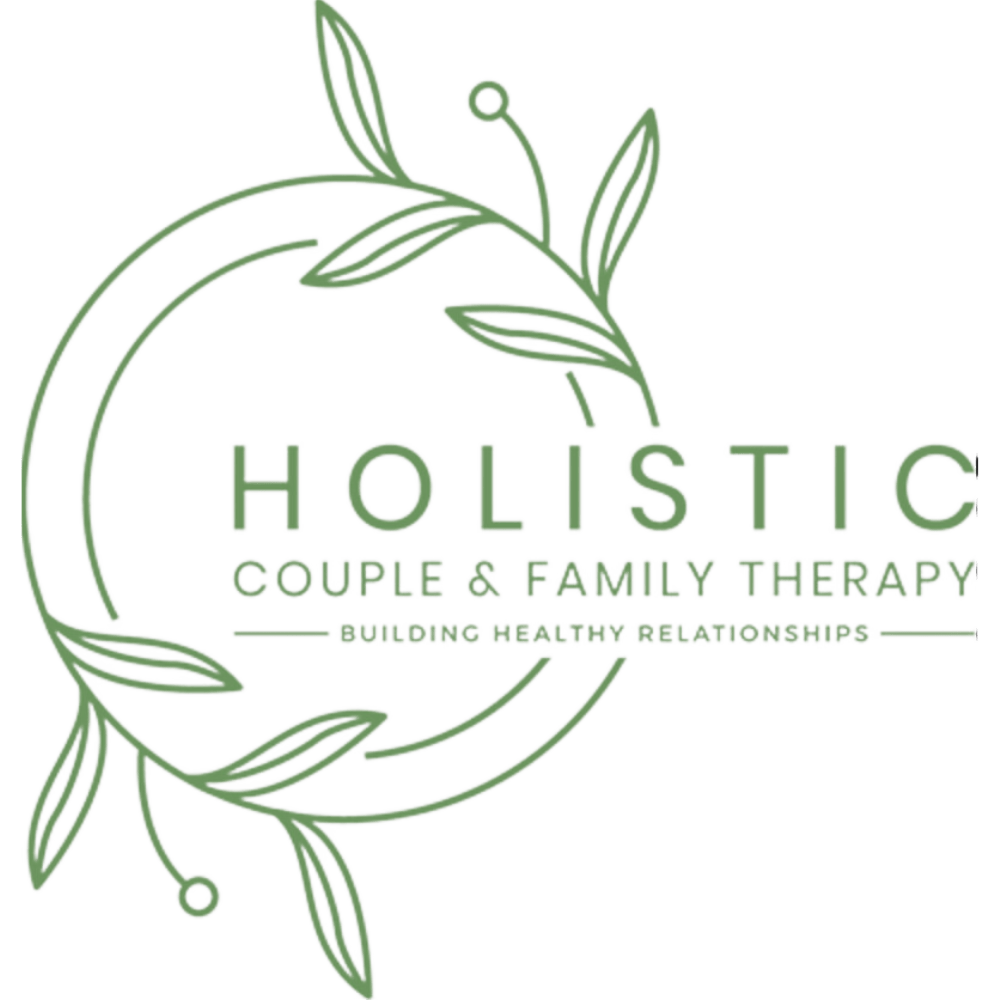Therapy is a journey of self-discovery and healing.
At its core, it’s about understanding your thoughts, feelings, and behaviors to create positive change. Honesty is the compass guiding you through this intricate process.
When you’re open and truthful with your therapist, you’re providing them with essential information to understand your unique challenges. Think of your therapist as a skilled guide who needs an accurate map to navigate the terrain of your mind.
By sharing your experiences, both the good and the bad, you’re helping your therapist create a tailored treatment plan that addresses your specific needs.
Honesty in therapy can:
- Accelerate progress: Open communication allows your therapist to identify patterns and underlying issues more quickly.
- Deepen the therapeutic relationship: Trust and vulnerability are built on honesty, fostering a stronger connection between you and your therapist.
- Increase self-awareness: Sharing your thoughts and feelings openly can help you gain a better understanding of yourself.
- Prevent setbacks: Hiding parts of yourself can hinder progress. By being honest, you can address challenges head-on.
Remember, your therapist is there to support you, not judge you. Sharing your truth, even if it’s difficult, is a courageous step towards healing.
How Can You Overcome the Fear of Being Judged When Sharing Difficult Truths with Your Therapist?
It’s totally normal to feel a bit nervous about sharing your deepest thoughts and feelings with someone new.
Trust us, you’re not alone! Many people worry about being judged by their therapist.
But guess what? Your therapist is on your side.
They’ve heard it all, and they’re here to help, not to judge. Think of them as your super-supportive teammate who wants to see you succeed.
Here are a few tips to help you feel more comfortable:
- Remember, they’re there for you: Your therapist’s job is to listen, understand, and support you. Period.
- Challenge those negative thoughts: It might feel like your therapist is thinking something judgmental, but chances are, they’re not. Try to replace those thoughts with something positive.
- Start small: You don’t have to spill your guts all at once. Begin by sharing smaller, less sensitive things. You’ll build confidence over time.
- Focus on your goals: Remember why you’re in therapy. Overcoming this fear is a big step towards reaching your goals.
And hey, being vulnerable is actually pretty brave! You’re taking a big step towards healing by sharing your true self.
What are the Common Barriers to Honesty in Therapy, and How Can They Be Addressed?
Opening up to someone about your deepest thoughts and feelings can be incredibly challenging.
Even in a safe space like therapy, there are often obstacles that prevent us from being completely honest.
Common barriers to honesty include:
- Fear of Judgment: It’s natural to worry about what your therapist might think. But remember, they’ve heard it all before and are there to support you, not judge you.
- Shame: Feeling ashamed of certain thoughts, feelings, or experiences can make it difficult to share them. It’s important to remember that everyone has things they’re ashamed of, and your therapist won’t look down on you.
- Fear of Rejection: You might worry that if your therapist knows the real you, they won’t like you or want to help you. This is simply not true. Your therapist is committed to helping you, no matter what.
- Lack of Trust: Building trust takes time. It’s okay to be cautious at first, but remember that your therapist is there to create a safe space for you.
- Fear of Vulnerability: Sharing your deepest feelings can feel incredibly exposing. It’s important to remember that vulnerability is a sign of strength, not weakness.
Overcoming these barriers can feel daunting, but it’s essential for your therapy to be effective. By working through these challenges with your therapist, you can create a stronger therapeutic bond and make significant progress towards your goals.
How Does Being Completely Honest with Your Therapist Contribute to Long-Term Mental Health Improvement?
Being completely open and honest with your therapist is like giving yourself the ultimate mental health upgrade.
It’s the foundation for building a strong, supportive therapeutic relationship and making lasting changes in your life.
When you share your entire story – the good, the bad, and the ugly – you’re providing your therapist with the essential information they need to help you heal.
Together, you can develop effective coping strategies, challenge negative thought patterns, and build resilience that will last a lifetime.
The benefits of honesty in therapy are far-reaching:
- Boost Your Self-Esteem: Understanding yourself on a deeper level can work wonders for your self-confidence.
- Strengthen Your Relationships: Honest communication is the cornerstone of healthy relationships with others.
- Build Resilience: Overcoming challenges with the support of your therapist helps you develop the strength to face future obstacles.
- Increase Overall Life Satisfaction: Addressing the root causes of your struggles can lead to a happier, more fulfilling life.
Healing takes time, but the investment you make in your mental health through honest communication with your therapist is invaluable. It’s a journey towards a brighter, more fulfilling future.
Final Thoughts
Embarking on the path of therapy is a courageous step towards a healthier you. Honesty is your most powerful tool on this journey. It might feel uncomfortable or scary at times, but remember, your therapist is your trusted guide, someone who’s there to walk alongside you, supporting and encouraging every step of the way.
By sharing your authentic self, you’re taking control of your mental health narrative. You’re building a foundation for lasting change and a brighter future. It’s okay if you stumble or feel hesitant.
Your therapist is equipped to help you navigate those challenges.
Remember, every step forward, no matter how small, is a victory. Your honesty is a testament to your strength and resilience.
If you’re experiencing an emergency, please use the information found here.
Location
8 South Michigan Avenue,
Suite 2300
Chicago, IL 60603

